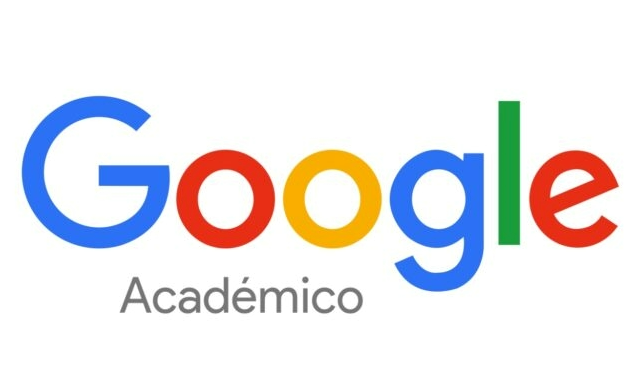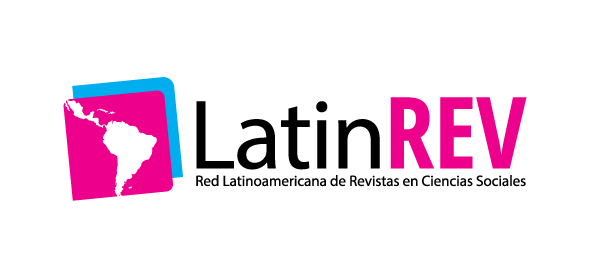Construction of critical and reflective thinking in middle school students
DOI:
https://doi.org/10.70833/rseisa15item294Keywords:
Critical thinking, Education, Strategies, Methodologies, ConstructivismAbstract
The present research focuses on the philosophical foundations impregnated in Paraguayan education and its influence on the thoughts of middle school students, specifically in the Colegio Nacional General José Eduvigis Díaz and the Centro de Educación Media para personas Jóvenes y Adultos, year 2020. The general objective was to analyze the importance of philosophical thinking in Paraguayan education that is relevant to the construction of critical and reflective thinking of middle school students. The methodology corresponds to the mixed approach, where qualitative data of phenomenological character and quantitative data corresponding to the descriptive analysis were merged. The most relevant results indicate from the students' perspective that in the classroom, understanding is practiced more frequently, followed by honesty, cooperation and solidarity; from the teachers' point of view, they indicate that they work on the development of personality and the practice of values. Citizenship with a critical spirit is built through responsibility, the development of creativity and reflective thinking is encouraged through strategies such as questions and research on their own initiative with the support and guidance of teachers.
Downloads
References
Asesoría Económica & Marketing Copyright (2009). Cálculos de muestras en investigaciones. https://www.corporacionaem.com/tools/calc_muestras.php
Cáceres Rolín, E. D. y Balletbo Fernández, I. (2018). La educación en valores en el sistema educativo paraguayo. Revista Educación y Psicopedagogía. [UNAE]. 1(1), 9-16. https://www.unae.edu.py/ojs/index.php/educacion/article/view/83
Castillero, O. (s.f). ¿Qué es el pensamiento crítico y cómo desarrollarlo? https://psicologiaymente.com/inteligencia/pensamiento-critico
Dávalos, L. (2016). La Educación en Valores. Desafiar al consumismo. Erasmus Ediciones.
Delors, J. (1996). Los cuatro pilares de la educación. Marid: Santillana/UNESCO.
García Hoz, V., Álvarez de Mon, S., Bernal Guerrero, A., Desantes Guanter, J. M., Fernández Otero, O., García Garrido, J. L., Gómez Dacal, G., Losada Baltuille, I., Martín Rodríguez., C., Martínez Sánchez, A., Pérez Juste, R., Ruíz Corbella, M. y Soler Fiérrez E. (1996). Tratado de Educación Personalizada. Dirigido por Victor García Hoz. Formación de profesores para la educación personalizada. Ediciones RIALP, S.A.
Hernández Sampieri, R., y Mendoza Torres, C. P. (2018). Metodología de la Investigación. México: McGRAW-HILL INTERAMERICANA.
Jorge Alberto Flores-Morales, J. A. y Neyra-Huamani, L. (2021). Pensamiento Crítico en estudiantes en una universidad privada de Lima. Fides, 22(22), pp. 109-128. http://www.scielo.org.bo/pdf/rfer/v22n22/v22n22_a07.pdf
Juntos por la Educación-MEC. (2013). Propuesta para la Agenda. Compendio de un proceso para su análisis y construcción. https://juntosporlaeducacion.org.py/wp-content/uploads/2019/10/Propuestas-para-la-Agenda-Educativa-Compendio.pdf
López, O. M., y Navarro, J. L. (2010). Rasgos de personalidad y desarrollo de la creatividad. anales de psicología, 8.
Maya, J. I., y Gómez, J. C. (2018). Estrategias didácticas para fomentar el pensamiento crítico en el aula. Educrea, 19.
Ministerio de Educación y Ciencias (MEC) .(2019). Estado, comunidad, educadores, estudiantes, familia. Política de Participación en el sector educativo.
Ministerio de Educación y Ciencias (MEC). (2011). Programas de Estudios. Formación Ética y Ciudadana. Asunción. https://www.mec.gov.py/cms_v2/adjuntos/1461
Miranda de Alvarenga, E. (2016). Metodología de la Investigación. Cuantitativa y cualitativa. Edición gráfica: A4.
Osorio Estrada, J. (2015). Pedagogía de Filosofía y Educación: la relación entre filosofía y educación. http://pedagogia1316.blogspot.com/2015/01/filosofia-y-educacion-la-relacion-entre.html
Reina, V. G. (2015). El enfoque de las capacidades. Revista interuniversitaria, 26.
Rodríguez, M., García, W., & Fuentes, C. (2020). Valores éticos y emociones desde el desarrollo de metodologías activas en la formación docente. Revista Scientific, 5(15), 229-246. https://doi.org/10.29394/Scientific.issn.2542-2987.2020.5.15.11.229-246
Downloads
Published
How to Cite
License
Copyright (c) 2021 Sebastián Javier Colmán Martínez , Ever Daniel Cáceres Rolín

This work is licensed under a Creative Commons Attribution 4.0 International License.
Creative Commons Attribution License CC-BY
You are free to:
Share — copy and redistribute the material in any medium or format.
Adapt — remix, transform, and build upon the material for any purpose, including commercially.
Under the following terms:
Attribution — You must give appropriate credit, provide a link to the license, and indicate if any changes have been made. You may do so in any reasonable way, but not in any way that suggests that you or your use is endorsed by the Licensor.







